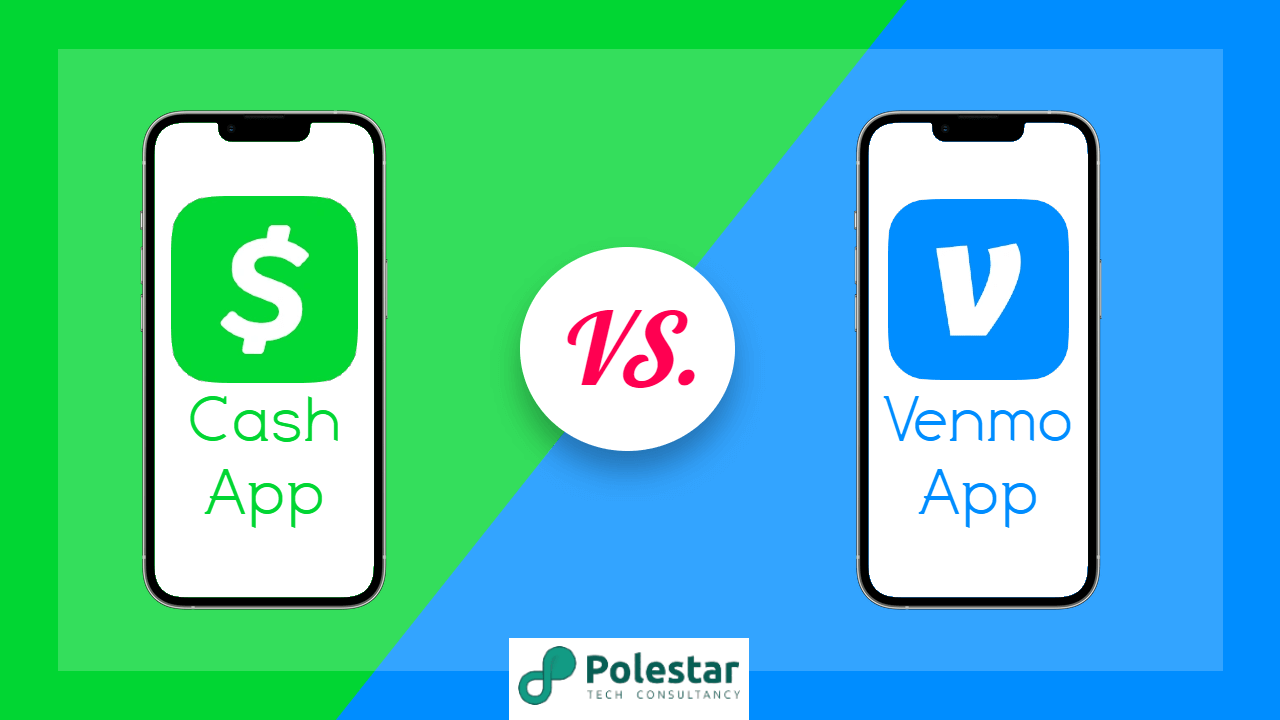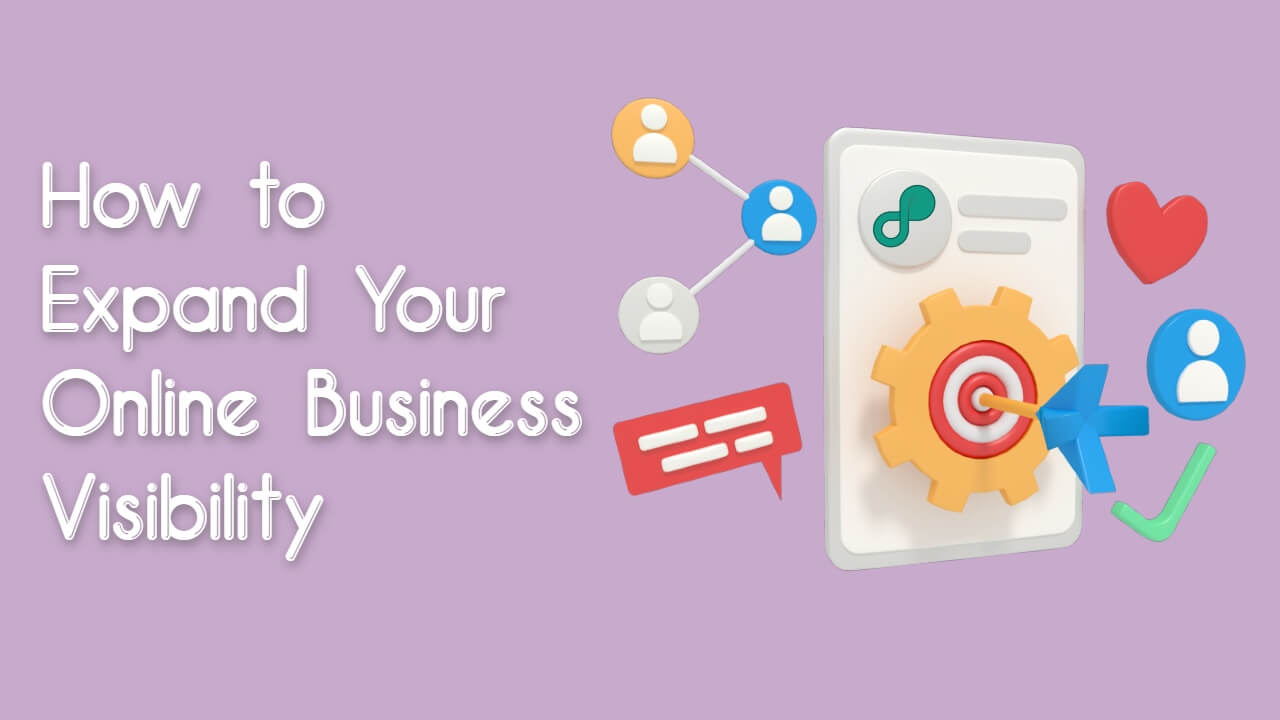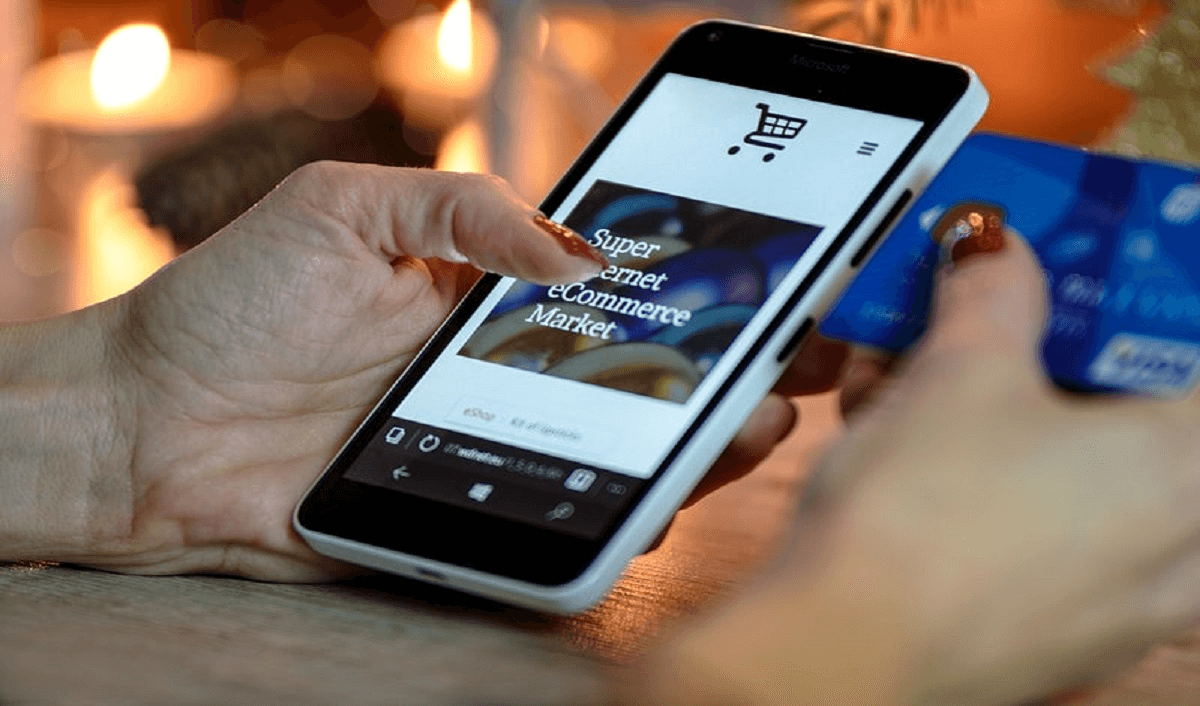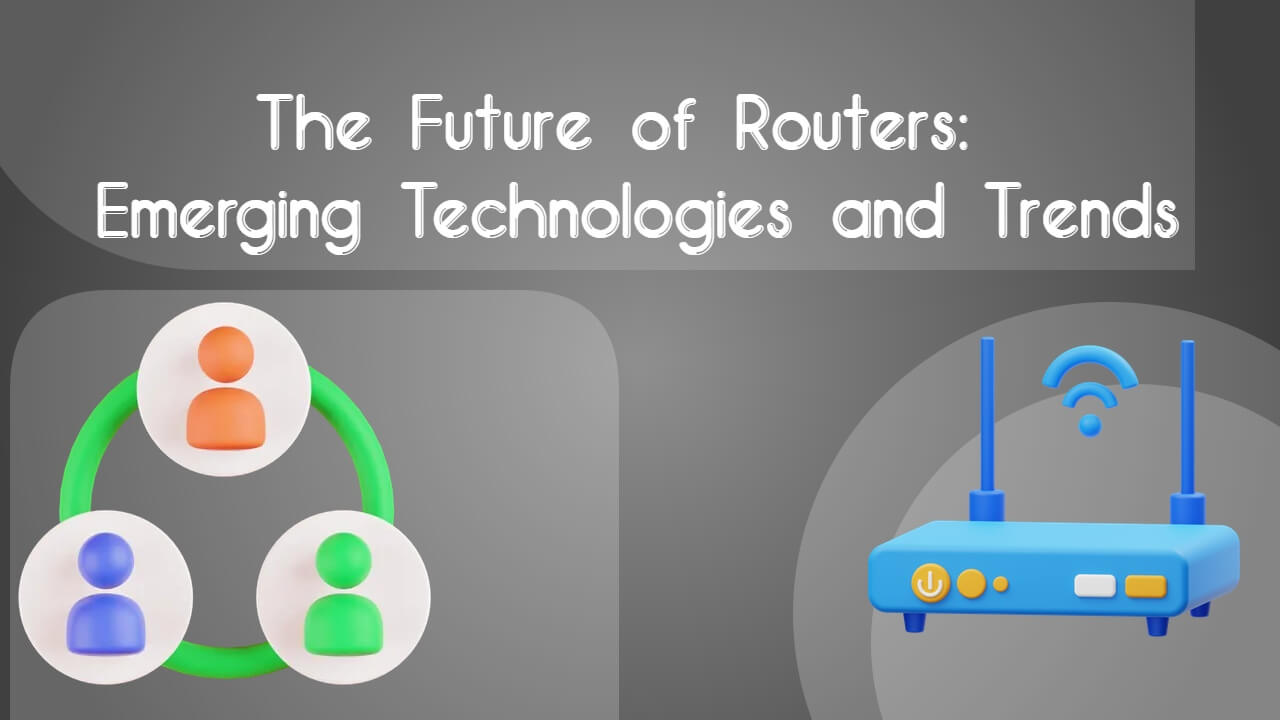14 Nov

Going cashless provides the benefit of financial transactions without having to deal with currency, send cheques, or go to the bank. Money may now be sent and received practically instantly from any place thanks to some internet companies' apps and smartphones.
Peer-to-peer money transfer apps, including Cash App and Venmo, make it possible to send payment with just a few clicks on your phone. Although both applications provide almost the same services, they both have their own distinct features as well as advantages and disadvantages, so they may initially appear to be replaceable. Today in this article, we will see the difference between the Cash app vs Venmo app. Which app is better & safer to use for your daily monetary transactions?
Table of content
| Introduction |
| Cash App vs. Venmo(A PayPal service) comparison |
| Major Difference between Cash App and Venmo |
| Cash App details |
| Venmo details |
| Conclusion |
Introduction
Peer-to-peer payment apps like Cash App and Venmo (A PayPal product/platform) make it simple to transfer money between people using your smartphone. Both provide handy services including fast transfers, ATM withdrawals, and other payment options.
Which app, though, is superior? Or, perhaps more significantly, which app is better for you? Let's analyze the two apps to determine which one would be more suitable for your needs in terms of money transfers.
Cash App vs. Venmo(A PayPal service)
| Cash App VS Venmo Comparison | ||||||
|---|---|---|---|---|---|---|
| Point of comparison |
Cash App |
Venmo |
||||
| Platforms | Android, iOS, and Web | Android, iOS, and Web | ||||
| Account opening cost | $0 (N/A) | $0 (N/A) | ||||
| Transaction fees |
|
|
||||
| Payment methods | Wallet balance, Linked bank account, Apple Pay and Google Pay, and Debit or Credit card | Amex send account, Wallet balance, Linked bank account, and Debit or Credit card | ||||
| International accessibility | U.S. and U.K. | No | ||||
| Transaction limits |
|
|
||||
| Investing in Stock Markets | Available | Not available | ||||
| Social Networking feature | Not available | Available | ||||
| Business Accounts | Available | Available | ||||
Major Difference between Cash App and Venmo
| Cash App | Venmo |
|---|---|
| In Cash App, you can utilize Apple Pay and Google Play by linking them to your Cash Card. | Venmo has an Amex Send option that allows you to use American Express credit cards without being charged the normal credit card fee. |
| Venmo is beaten by Cash App for international payments. Although Cash App is still not accessible everywhere, the fact that it is accessible in the UK in addition to the US broadens its applicability internationally. | Users outside of the U.S. are unable to use Venmo's services because of the requirement that you be physically resident in the country. |
| Users of the Cash App can invest in equities as well as purchase, sell, and exchange Bitcoin through the app. | While investing in stocks is not possible with Venmo, you can buy well-known cryptocurrencies like Bitcoin, Ethereum, Bitcoin Cash, and Litecoin. |
| Cash App has the functionality of Tax filing. Which allows you to file taxes and get refunds. This feature was added in the year 2022 by the cash app. | Venmo doesn’t have any features like tax filing similar to the cash app. |
Cash App Details

About Cash App
Cash App is a payment app or financial app where you can transfer, receive, and make investments on your smartphone. The platform was released in 2013 by Block, Inc., formerly known as Square, Inc., to take on PayPal and Venmo, two other digital payment apps.
Cash App isn't a bank; it is a financial app. Cash app provides services like Debit cards and other financial services offered by its banking collaborators. The Federal Deposit Insurance Corporation (FDIC) and its network of partner institutions insure Cash App account balances. Cash App Investing LLC, a broker-dealer that is registered with the Securities and Exchange Commission (SEC) and a member of the Financial Industry Regulation Authority (FINRA), offers the company's investment services.
How to use Cash App? How does it work?
You'll need to create a special user name in the app known as a $Cashtag when you make a new account in the Cash App. When transferring or receiving money, other users will recognize you by your $Cashtag. It's one of many methods available throughout the app to identify people or companies. Additionally, users can do a name, mobile number, or email search to find the correct people or organizations for the payment.
Users of Cash App have the option of choosing to get a Cash Card, a debit card linked to their Cash App wallet. Both online and offline transactions using the Cash Card are both possible.
With Cash App, you can also handle additional banking operations, like implementing direct deposits to the bank accounts. According to Cash App, direct deposits can make money available up to two days sooner than most other banking institutions because they are instantly accessible.
Users must be at least 13 years old to open an account, however, users between the ages of 13 and 17 must have parental consent to utilize some of the app's more sophisticated functions, such as direct deposit and peer-to-peer transactions.
Transferring money between Cash App accounts is completely free and does not necessitate a minimum balance. However, there is a 3% fee for transactions paid using a credit card.
Cash App can collect tax refunds and transfer them straight to your Cash App account, avoiding the headache of having to manually file your taxes. Since Cash App uses the same technology as the majority of major credit card issuers, funds stored through it are often secure.
The app also provides a minimal set of analytical and research tools despite providing a direct method for trading Bitcoin. Although serious investors will find the app a little lacking, it could be a decent way to begin investing in cryptocurrencies.
| Advantages of Cash App | Disadvantages of Cash App |
|---|---|
|
|
Venmo Details

About Venmo
Venmo is a peer-to-peer payment app with social networking features that allow customers to digitally collect and distribute money. Additionally, it can be used to buy goods from accredited retailers. Over 80 million people were using Venmo as of November 2021. The 2009-founded Venmo is now a service provided by PayPal, Inc. Additionally, Venmo provides a debit card that may be used at every retailer that accepts Mastercard transactions. Venmo even includes a section specifically for the feature of the trading in cryptocurrencies, making it a handy way to buy cryptocurrencies.
In addition to setting up direct payments to your bank and using a debit or credit card to make purchases at some retailers, you may send or request money using Venmo. Some forms of cryptocurrency can also be bought using Venmo.
How to use the Venmo app? How does it work?
Users can easily register in Venmo for debit or credit card programs and set up direct deposits. If you're interested in trading cryptocurrencies, you may also buy them using the Venmo app. When transferring or receiving payment on Venmo, other users will recognize you by your username.
The app's core functionality, however, does not demand ID verification, and unverified users can still receive money from other Venmo accounts. You will have a weekly payment cap of $299.99 when using an unverified account. The weekly restrictions for verified accounts range from $4,999.99 to $6,999.99.
A verified account's capacity to be funded with checks is a beneficial feature. Your money could not show up in your account for up to 10 days, based on the timescale you selected. With the proviso of higher transaction charges, there is also the possibility of a minute-by-minute faster delivery.
Venmo charges a 3% fee for credit card payment transactions, similar to Cash App, while all other transfer payments are free. Fees for depositing checks can be as high as 5%. Venmo money is not FDIC insured, but the company is owned by PayPal and adheres to the exact high-security standards.
Venmo has a social aspect to it. Emojis and stickers can be used in the mobile app to represent and describe the payments. Users have the option of making their accounts publicly, allowing friends or even other people to view transactions made or received. If you'd rather keep personal data to yourself, you can also change it to private.
Users of Venmo can make payments to specific retailers, online stores, and communities as well as to individuals and groups of people. Payments to individuals usually happen immediately.
Your Venmo account balance is where received funds are placed. You have the option of transferring your funds to a linked bank account or keeping them in Venmo.
Business accounts do not have monthly fees, but Venmo costs merchants 1.9% + $0.10 for each transaction made through the app. Tax reporting is essential for Venmo business accounts.
| Advantages of Venmo | Disadvantages of Venmo |
|---|---|
|
|
Conclusion
Cash app vs Venmo app, which one is the better and safer app? It depends on what kind of preferences you consider. As we see above, the core functionality of both apps is almost similar.
If you are interested in bitcoin or other cryptocurrencies, Cash App will be the better option for you. Expert crypto traders might find it less usable due to a lack of analytical tools and market depths, but best for beginners and learners. If you are a business-minded or technical person, the Cash app is definitely for you. It provides a simpler way to invest in crypto and also allows you to file taxes through the app.
If you love being active socially, Venmo is the best choice for you. It has social aspects that allow users to share their transactions with a twist of social interaction. Some people may not like to make private data open in public. But if you mostly use it with your near people and friends, Venmo is best to use. Also, Venmo has an easy-to-use interface for quick use.
They both have their own unique functionalities. It depends on your choice of use.
Have a unique idea better than the Cash app or Venmo? Polestar Tech Consultancy will help you to make your idea into reality. Contact us now for a free consultation.


.png)














Jay Pala